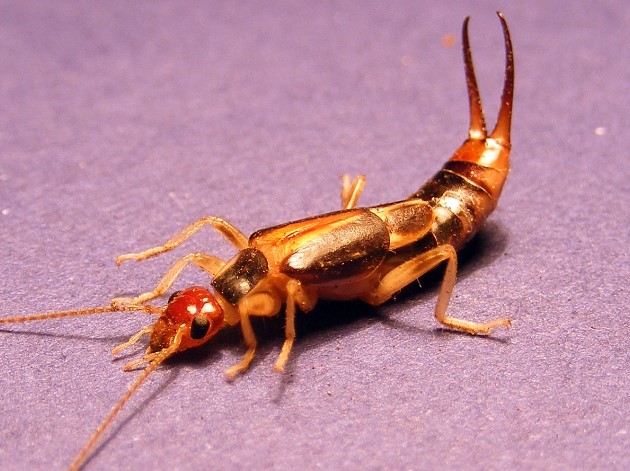Can cats eat earwigs? What to Do If Your Cat Eats an Earwig
As a cat owner, it’s natural to be concerned about your pet’s eating habits, especially when it comes to insects and other small creatures. Earwigs, in particular, are a common household pest that can be found in many homes. But can cats eat earwigs? In this article, we’ll explore the safety and potential risks associated with cats consuming earwigs, as well as provide guidance on how to keep your feline friend safe. Follow Cat Memorial Stones !!
What are Earwigs?
Earwigs are insects that belong to the order Dermaptera. They are elongated, flat, and have a distinctive pair of pincers at the end of their abdomen. Earwigs are nocturnal and are attracted to moisture, which is why they’re often found in damp areas of the home, such as basements, crawl spaces, and bathrooms.

Can Cats Eat Earwigs?
While earwigs are not toxic to cats, eating them can still pose some risks. Here are some things to consider:
- Choking hazard: Earwigs are small and can be easily swallowed whole, which can lead to choking hazards, especially in kittens or senior cats.
- Insect parts: Earwigs have a hard exoskeleton that can cause digestive issues if ingested. The pincers, in particular, can cause irritation to the mouth, throat, and digestive tract.
- Allergic reactions: Some cats may be allergic to earwigs, which can cause an allergic reaction, including itching, swelling, and difficulty breathing.
- Disease transmission: Earwigs can carry diseases and parasites, such as tapeworms and fleas, which can be transmitted to cats if ingested.
Symptoms of Earwig Ingestion in Cats
If your cat has ingested an earwig, it may exhibit the following symptoms:
- Vomiting: Cats may vomit if they’re unable to digest the earwig or if it causes an allergic reaction.
- Diarrhea: Ingestion of earwigs can cause stomach upset, leading to diarrhea.
- Abdominal pain: Cats may experience abdominal pain or discomfort if the earwig causes an allergic reaction or digestive issues.
- Lack of appetite: Cats may lose their appetite if they’re experiencing digestive issues or discomfort.
>>> Read: Can cats eat sausage?
What to Do If Your Cat Eats an Earwig

If you suspect that your cat has ingested an earwig, here are some steps to take:
- Monitor your cat’s behavior: Keep an eye on your cat’s behavior and watch for any signs of illness or discomfort.
- Contact your veterinarian: If your cat is showing symptoms of illness or discomfort, contact your veterinarian for advice.
- Provide plenty of water: Encourage your cat to drink plenty of water to help flush out their system.
- Prevent future ingestion: Take steps to prevent future earwig infestations, such as sealing entry points, reducing moisture, and using diatomaceous earth or other non-toxic pest control methods.
How to Keep Your Cat Safe from Earwigs
To prevent your cat from ingesting earwigs, follow these tips:
- Seal entry points: Caulk cracks and crevices around windows, doors, and pipes to prevent earwigs from entering your home.
- Reduce moisture: Earwigs are attracted to moisture, so reduce humidity levels in your home by using a dehumidifier or improving ventilation.
- Use non-toxic pest control methods: Use diatomaceous earth, boric acid, or other non-toxic pest control methods to kill earwigs.
- Keep your home clean: Regularly vacuum and dust your home to reduce the presence of earwigs and other pests.
Conclusion
While earwigs are not toxic to cats, eating them can still pose some risks. By understanding the potential risks and taking steps to prevent earwig infestations, you can keep your feline friend safe and healthy. If you suspect that your cat has ingested an earwig, monitor their behavior and contact your veterinarian if you notice any signs of illness or discomfort.
>>> Click Can Cats Eat Salami?
